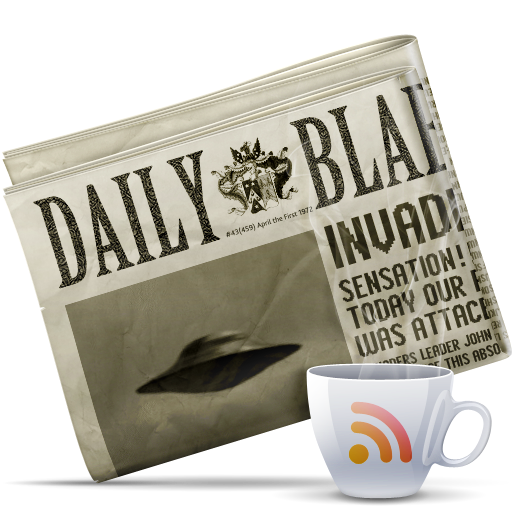In it, he suggests that Tina Brown couldn't channel the Zeitgeist in print because it has moved to a different venue: social media.
He writes, quoting Buzzfeed's Ben Smith:
"This social conversation has always driven what used to be called the Zeitgeist," Smith continues. "You couldn't always see its component parts. It required these big, clear statements to make it visible. Now that conversation is always visible. What we're talking about is an elite conversation. Zeitgeist is an elevated word for it. Now it's on Twitter."He cites Brown's time at Vanity Fair and other magazines as an example of how she dominated the conversation then, but doesn't now. I'm not so sure it's that simple, particularly since Haber leaves out one glaring example that doesn't fit his thesis: The Daily Beast, which until Newsweek distracted Brown did a fine job keeping up with, and occasionally starting, conversation online.
But it's the inferred point that Smith makes above -- a magazine can't channel or steer the Zeitgeist -- that I find most troublesome. Because that's not exactly true: Vanity Fair continues to dominate its category; the Esquires and Vogues of the world dominate theirs; even The Atlantic is seeing a resurgence. ("Why Women Still Can't Have It All," arguably this year's most talked-about story, began in print.) In many ways, increased competition online thanks to a proliferation of competitors has provided the spark for each of these very old brands to reassert (or in the Atlantic's case, further claim) dominance.
In other words, I'm just not buying the "It's the medium, stupid" message this piece offers.
Haber:
Put another way, all of our "likes" and retweets set the country's agenda more than a powerful editor's feature selection could.So what is it, then? I suspect it's a lack of differentiation. Newsweek's challenge is that it covers everything and nothing at the same time; it's a dentist's office read for some and an edgy global read for others. Brown's problem is that she tried to go after TIME and The Atlantic in the same breath -- similar content meant for very different readerships. Broad as it is, even The New York Times has a distinctly common readership -- and a particular tone with which to address them. Newsweek is print's CNN, torn between multiple audiences and fading fast.
It's not this simple, of course; the fact that no one in the press took the Newsweek project seriously played a part, too. The most accolades I saw for the revamped brand were for Brian Reis' bold efforts managing its social accounts. Newsweek in many ways failed to get buy-in from the industry before it attempted to right the ship. Which means only a surprise could have turned industry perception around -- and reincarnated Princess Diana is not the surprise industry likes.
My point here is this: the Zeitgeist is made of people. And the brand Newsweek, for myriad reasons, failed to address them. It's not the medium; it's the message.


![Editorialiste [at] gmail](http://2.bp.blogspot.com/_knHAwNprdBg/SD8qCIu84JI/AAAAAAAABY8/uJrd2RVBqII/S220/editorialiste_logo.jpg)
No comments:
Post a Comment